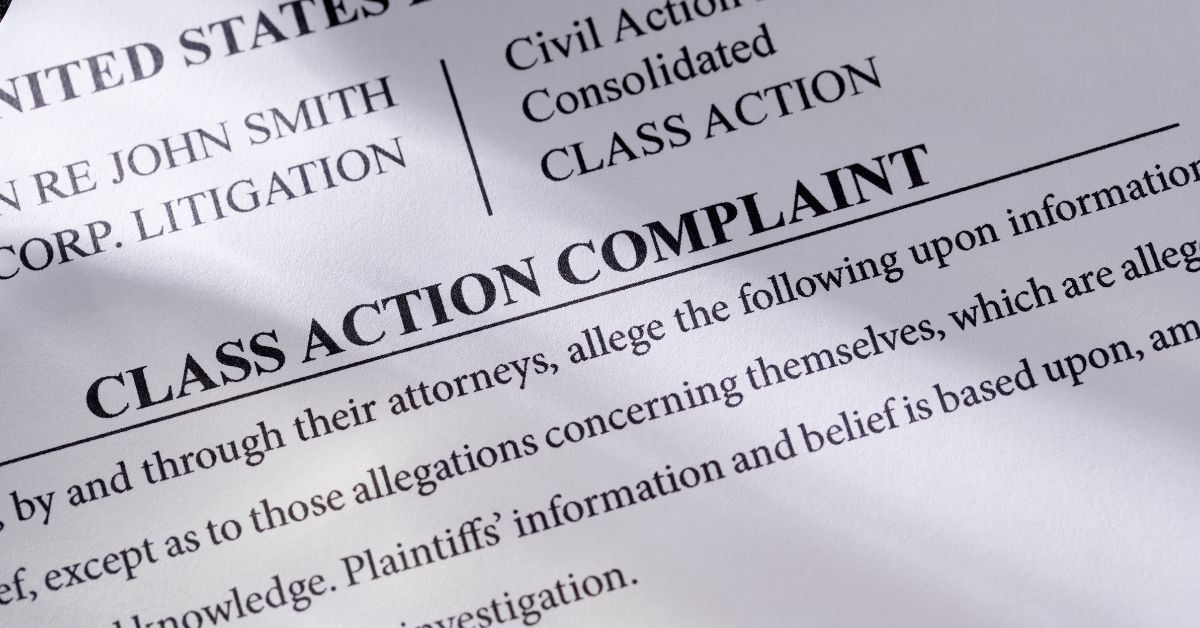What Is A Preliminary Title Report
What Is A Preliminary Title Report Congratulations on discovering your ideal house! After months of dedicated effort, you must be thrilled about entering escrow and gaining access to your new home. However, is that seemingly perfect house truly flawless? Before proceeding, it’s essential to consider obtaining “title insurance.”
Title insurance offers protection to you (and your lender) against potential losses stemming from issues related to the property’s title that you are about to purchase. A common example of such a loss could be legal fees incurred due to ownership claims made by an unknown heir. The entity that provides this insurance is referred to as a “title company.”
Nonetheless, acquiring title insurance isn’t as straightforward as paying a premium. The initial step involves the creation of a “preliminary title report” by your title company. Although it may appear to be an additional formality amidst the real estate process, obtaining a preliminary title report is a crucial step in safeguarding the interests of all parties involved in the property transaction.
What Is the Purpose of a Preliminary Title Report?
A preliminary title report is a comprehensive document that furnishes essential details regarding the property’s title and its historical background. This report serves the purpose of ensuring that the property you are on the verge of purchasing is legally owned by the seller, without any potential claims from unknown heirs. Additionally, the report enumerates any encumbrances, such as tax liens, mortgage liens, and easements, associated with the real estate. Left unaddressed, these encumbrances and potential ownership disputes could impact you adversely post-purchase.
The responsibility of creating the preliminary title report falls upon your chosen title company, which conducts a thorough examination of public records and official documents. Any issues identified and reported in this document, known as “exceptions,” are excluded from the coverage provided by the title insurance policy. Consequently, the buyer, lender, and seller become responsible for any losses arising from these exceptions.
Who Is Responsible for Requesting the Preliminary Title Report?
Lenders typically require preliminary title reports and title insurance coverage as part of their lending requirements. In a standard real estate transaction, it is customary for the seller to initiate the process with a title company after the escrow process commences. Subsequently, the seller includes the preliminary title report as a component of their disclosure packet, which comprises crucial documents of interest to the buyer and the lender. The seller usually bears the cost of the prospective owner’s policy once all details are finalized, though this may vary depending on regional real estate market customs. However, it is the buyer’s responsibility to cover the cost of the lender’s title insurance.
What to Examine in a Preliminary Title Report
The first aspect to scrutinize is the extent and nature of the seller’s ownership. This information serves two primary purposes: confirming the true owner’s identity and ascertaining their rights over the property, which can influence your future ownership of the house.
Property ownership in the United States can assume various forms, with “fee simple” ownership being the most common, affording the owner complete selling rights. However, certain conditions imposed by a previous owner may restrict the current and future owners. For example, the owner might stipulate that the property cannot be converted into a hotel or inn. It is advisable to collaborate with your real estate agent and attorney to comprehend the type of ownership indicated in the report.
Additionally, examine the report for liens resulting from outstanding mortgage payments, property taxes, or construction/repair expenses. All such debts, along with any third-party interests and limitations, are itemized in your preliminary title report. Thoroughly reviewing these aspects before purchasing the property can help you avoid surprises down the road.
A preliminary title report may also list standard exceptions that pertain to general regional or municipal laws. These exceptions encompass regulations concerning construction work and property usage. Violating such rules may result in costs that the title insurance policy would not cover.
Why You Need a Preliminary Title Report as a Buyer
A preliminary title report plays a crucial role in alerting you to potential issues related to title ownership, outstanding debts, and liens before you finalize the property purchase. It essentially serves as a safety net, affording you the opportunity to address these issues before they become insurmountable obstacles or opt-out of the deal entirely. Here’s why it’s imperative:
- Confirmation of Sole Ownership: The preliminary title report verifies the property’s actual owner and their right to sell it, preventing any surprises from hidden co-owners or heirs.
- Identification of Liens: The report highlights any creditors who have placed liens on the property, which can result from unpaid taxes, mortgages, or repair costs. Knowledge of these liens enables you to negotiate with the seller for their resolution or adjust the purchase price accordingly.
- Discovery of Restrictions and Easements: Property modifications or use plans may be subject to covenants, conditions, and restrictions (CC&R) set by the Homeowner’s Association and local zoning laws. The preliminary title report unveils any applicable restrictions or easements, allowing you to make informed decisions about your real estate deal.
Read More : What Can You Find In The Realtime Report
Benefits of a Preliminary Title Report for Sellers
If you’re selling your existing property or plan to do so to acquire a new one, a preliminary title report can offer several advantages:
- Building Buyer Trust: Sharing a preliminary title report with your disclosure packet demonstrates transparency and fosters trust with prospective buyers, expediting the deal closure process.
- Prevention of Lawsuits: The report reveals existing encumbrances on your property, protecting you from potential lawsuits by ensuring that buyers are informed about any liens or restrictions that may
- affect them.
Read More : How Can You Find The Exceptions To Closing Date Report
Once You Have a Preliminary Title Report, What’s Next?
Upon receiving the preliminary title report, your next step is to carefully review all the enumerated items and standard exceptions with the assistance of your real estate agent. If there are issues that could have financial implications (such as liens) or could affect your intended use of the property (like CC&R), engage in negotiations with the seller. Be aware that you can still walk away from the transaction if you feel it is unfair or questionable.
At this stage, you will likely work closely with a title company, and if you wish to learn more about their role in a real estate transaction, you can refer to this guide.





